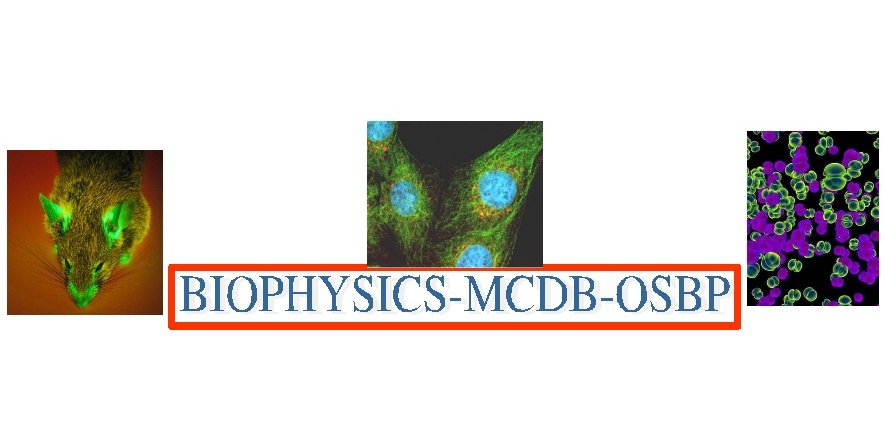Interdisciplinary Graduate Programs Symposium

2010 OSU Molecular Life Sciences
Interdisciplinary Graduate Programs Symposium

Poster abstracts
Abstract:
MicroRNAs are small, non-coding RNAs that, in general, negatively regulate gene expression at the post-transcriptional level. Altered expression of some microRNAs (miRs) plays a causal role in tumorigenesis. The objective of this study was to identify miRNAs deregulated at early stages of hepatocarcinogenesis in C57BL/6 mice fed choline deficient and amino acid defined (CDAA) diet and to elucidate the role of specific miRNAs in the initiation and progression of hepatocarcinogenesis. This mouse model is an ideal model to study non-alcoholic steatohepatitis (NASH)-induced hepatocarcinogenesis that is increasing steadily within Western world. Microarray analysis of hepatic RNA showed deregulation of 30 miRNAs (P <0.01) in mice fed CDAA diet for different time periods compared to those fed CSAA (control) diet. Real-time RT-PCR analysis confirmed upregulation of miR-155, miR-181b/d, miR-221/222, and miR-21 and downregulation of miR-122. Histopathological analysis displayed pronounced NASH only in mice fed the CDAA diet, which correlated with the upregulation of pro-inflammatory miRNA, miR-155. The upregulation of TGFβ and its downstream mediators Smad2, 3 and 4 contributed to diet-induced increase in the expression of miR-181b/d. miR-181b promotes growth, clonogenic survival and invasion of HCC cells by targeting tumor suppressor TIMP3. More importantly, depletion of miR-181b sensitized HCC cells to the potent anti-cancer drug Doxorubicin. The expression of miR-181b/d was also upregulated in primary human HCCs with concomitant decrease in the tumor suppressor TIMP3 (P=0.02). This study suggested that the upregulation of well known oncomirs with concomitant decrease in several tumor suppressor targets may play a causal role in NASH-induced hepatocarcinogenesis. Currently, we are investigating potential therapeutic applications of anti-miR in liver cancer.
References:
1. Wang B, Hsu S-H, Majumder S, Kutay H, Huang W, Jacob ST and Ghoshal K. TGFb-mediated upregulation of hepatic miR-181b promotes hepatocarcinogenesis by targeting TIMP3. Oncogene 29(12):1787-97.
2. Wang B, Majumder S, Nuovo G, Kutay H, Volinia S, Patel T, Schmittgen TD, Croce C, Ghoshal K, Jacob ST. Role of microRNA-155 at early stages of hepatocarcinogenesis induced by choline-deficient and amino acid-defined diet in C57BL/6 mice. Hepatology 50(4):1152-61.
Keywords: microRNA, Hepatocellular carcinoma, CDAA diet